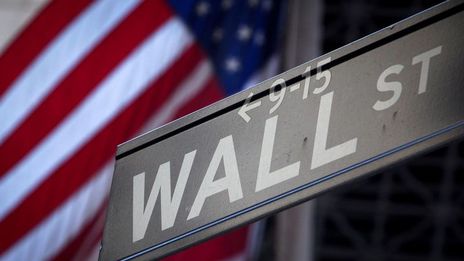The proposed changes form part of a broader overhaul of the so-called "Volcker Rule" long-hated by banks that was kicked off by the U.S. Federal Reserve in May 2018.
The first phase saw regulators ease the rule's trading restrictions, and on Thursday regulators moved to simplify the so-called "cover funds" aspect of the rule that restricts bank investments in a range of funds.
One of Thursday's key changes aims to fix what officials said was an unintentional outcome of the original rule. It restricts banks from investing in funds that in turn invest in venture capital, even though banks can still invest directly by buying stakes in startups.
The proposal would also clarify that credit exposures by a bank to a particular fund would not constitute an ownership interest, nor would a bank have a stake in a fund if it happened to make the same direct investments.
The Volcker Rule was created by the 2010 Dodd-Frank Act to bar banks that accept taxpayer-insured deposits from engaging in short-term speculative trading and risky investments. Banks including Goldman Sachs Group Inc and JPMorgan Chase & Co have long complained the rule is too complex and subjective.
"It is inescapable that compliance and enforcement have been difficult and can be simplified for both banking entities and regulators," Fed Vice Chair Randal Quarles said in a statement.
The Fed shares responsibility for the Volcker Rule with four other agencies, which have all also backed the proposal that could be finalized later this year.
Fed Governor Lael Brainard, a Democrat, opposed Thursday's proposal, arguing that it would "weaken core protections" established after the crisis.
The Fed also finalized a rule on Thursday that would create a framework for determining when a company has taken control of a bank and must face more rigorous oversight and restrictions.
The rule marks the first time the Fed has laid out a blueprint for when investments made by or in banks is considered controlling, which carries with it additional requirements. Fed officials said that clarity could make it simpler for banks to attract investors or make investments of their own into companies.
By Pete Schroeder
























